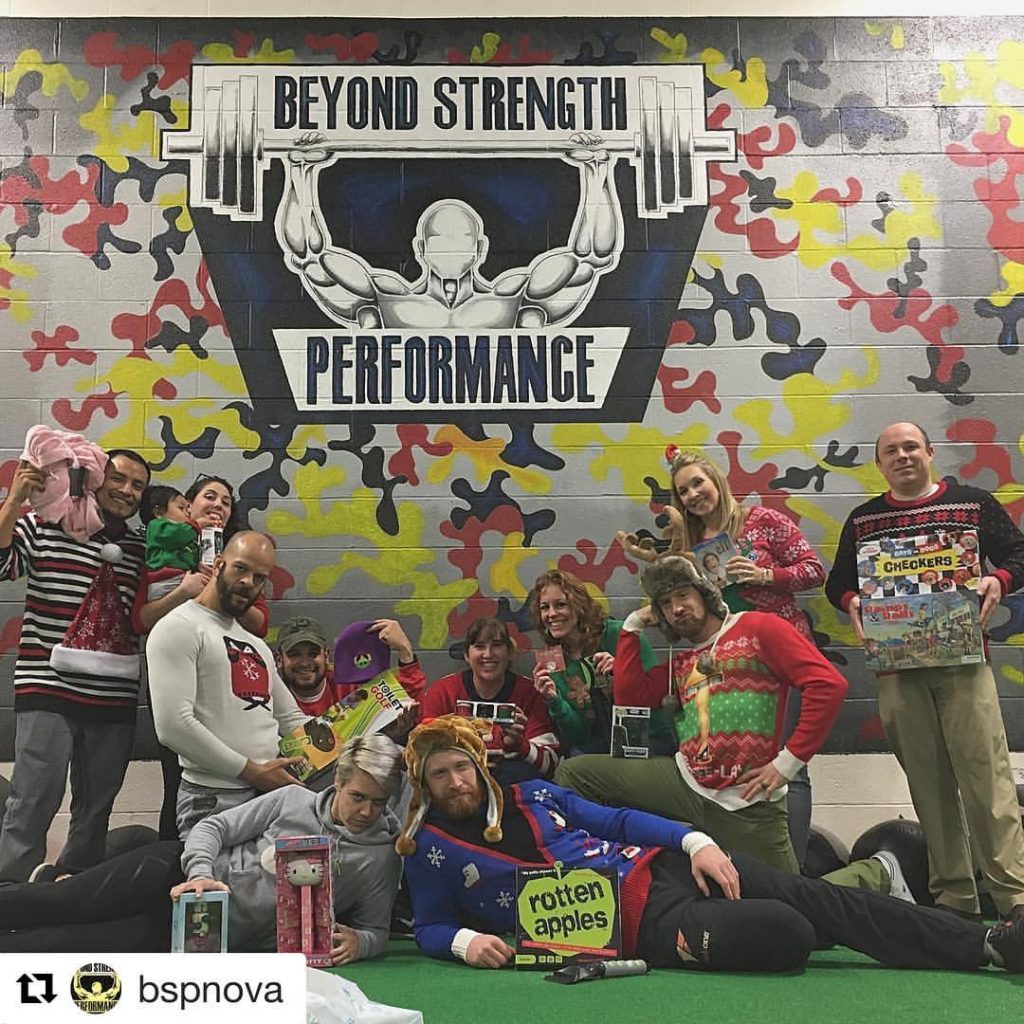Today’s guest post comes courtesy of good friend and Jedi strength coach, Todd Bumgardner. Many don’t know this, but Todd was one of the people who encouraged me most when I was thinking about leaving Cressey Sports Performance and going off on my own.
He’s a no-bullshitter and someone who tells it like it is. There’s a reason why 100+ fitness professionals trust him and the other coaches of The Strength Faction to help separate themselves from the masses; to get their shit together.
It’s because of articles like the one he’s sharing today.

3 Tips For Personal Trainer Personal Development
As personal trainers, we’re like de facto members of the personal development industry. God, it feels weird to say that it’s an industry…almost spewing sacrilege. But it’s a reality. We spend a lot of time, and money, on personal development—and we really should. It’s worth it—it’s the sole reason Chris Merritt, Mike Connelly, and I run Strength Faction.

Commitment to personal, and professional, development has set all of our lives on an upward trajectory, and we want to help as many fellow fitness folks hit that same upward spiral.
I’m sure that you want the same thing for yourself and for your clients—a gradual ascension that carries everyone forward. Well, here’s some pretty goddamn obvious thinking: you can’t help your clients ascend unless you’re committed to the process. It’s a long game, and it’s worth playing. Here are a few tips we’ve found helpful for staying in the game and moving toward the goal line.
1) Realize That It’s Important
Let’s start here.
We love the X’s and O’s of our profession. We want the answer when someone asks us how many sets we should be doing for hypertrophy (there is no real answer, by the way), and we love being able to pontificate with each other on the virtues and vices of a given energy systems development strategy—when in reality ninety percent of our clients wouldn’t be affectively able to use it.
Professional development is important, so please, don’t take that as a slight.
We have to be good at what we do, and we have to get results for our people. But most of our impact, and our money, is made by being a human that’s worth being around. Granted, we all start with different raw materials—some folks have natural propensities for human connection, others have a difficult time. Some, yet, are born assholes and have to learn how to be someone worth being around. I mostly fall into the latter category.

Aw, come on: does this look like the face (or body) of an asshole?
In the context of our careers, personal development is the scaffolding that allows us to display our professional development.
Being a growth-centered human being gives people cause to feel attracted to us—people like people headed in the right direction. It also gives us the chance to actually connect with the people that want our help. The New Zealand All Blacks live by the value that “better people make better All Blacks.” The same is true for personal trainers.

Beyond the toil of our work, personal development, in my limited understanding of life, is what we’re here to do. By the time the casket closes and the loved ones that we leave behind say their goodbyes, we should be the best possible thing that we could evolve into. I believe that’s the most important thing in the world.
2) Decide What You Value
“I really need help with time management. I’m not always sure what I should be doing, and I waste a lot of time. I feel like I never get done all of the things I should get done.”
The quotation is a conglomeration of three common statements I hear on coaching calls. Most folks feel like they need to do a better job managing their time—and they’re not wrong. But I don’t think the main problem is time management, it’s value management.
It’s tough to use time wisely if we don’t know what our aim is, what’s most important to us, where we’re trying to go.
I think we just try to be busy because it seems like everyone else is busy and that’s what we’re supposed to do. It’s the illusion of hustle perpetuated by guys that are really good at marketing on social media. They convince us that if we “grind” and follow their lead, we’ll get all the shit we want.
It’s circular, empty promise.
But it does lead us back to the starting line, the initial question: what do you want, and what do you value above all else?

Having the answer to that two-part question will give you the best insight into how you should manage your time.
Personally, I value human development for development’s sake above all else, so I don’t mind busying myself with it. But it also helps me order how I should spend my time each morning, each afternoon, and each evening.
It decides who, and what, get my time, and most importantly, my attention.
You don’t, however, have to hustle and grind if that’s not what you value—fuck the Jones’. If you value living in rural America and raising chickens, figure out how to do more of that.
If you feel aimless with your time, work through what you value you most. That will give you your aim. Then, when you have an aim to develop yourself toward, you’ll be better able to manage your time doing the little things that take you closer to that aim.
3) Just Have Good Friends (Forget About Your Goddamn Network for a Minute)
Psychological safety, unbridled truth—it’s a concept we use to guide our actions as leaders at our gym and as leaders of Strength Faction. What it means is we create a consistent, supportive environment that allows people to be themselves and feel like they are safe. Once this happens, people usually open up enough to hear the truth—from themselves and from other people. But the environment has to exist first.

That’s what a good friendship is—an environment where you feel heard and understood enough to let people tell you the truth.
And a good friend will tell you the truth, not just pat your ass and tell you that you’re special.
They’ll unconditionally show you that they love you while also holding up a mirror so you can look at yourself, recognize your faults, and do something about them. That’s the community we’ve created in Strength Faction. Our members have become friends. They look out for each other. They support each other.
And they tell each other the truth.
Here’s an example from the Summer ’17 Faction.
One member posted a poll to gather strength coach’s opinions on yoga.
At the end of the questionnaire she included a question that quite a few members thought was off-putting and unnecessary—so they told her about it.
She, then, engaged them in dialogue and explained herself.
The conversation went on, and everyone expressed their opinions, their truths, without attack. They stayed in dialogue. They were friends…even though many of them had never met other than in our private Facebook group and on our weekly ZOOM calls.
That’s what a web of friends does for your development. There’s not a lot of talk about that in our industry. Mostly the conversation centers on expanding our networks.
Don’t get me wrong, that’s important. But if you want to develop, networks need to evolve into friendships, or sometimes you have to prioritize friends over networking. Each needs to exist, but a web of friends in a community that’s moving in a good direction will do more for your life, and development, than an expansive, superficial network.
Personal Trainer, Personal Development
It’s a long game, folks. But when we commit to ourselves, and the process of personally developing over the long haul, this strange thing happens—things get better. Make some time for personal development, prioritize based on values, and make sure you have the right people around you. You’ll keep inching toward the goal line.
Enrollment for the Fall ’17 Strength Faction is currently open!
If you dig learning more, or enrolling, check out the link below.



